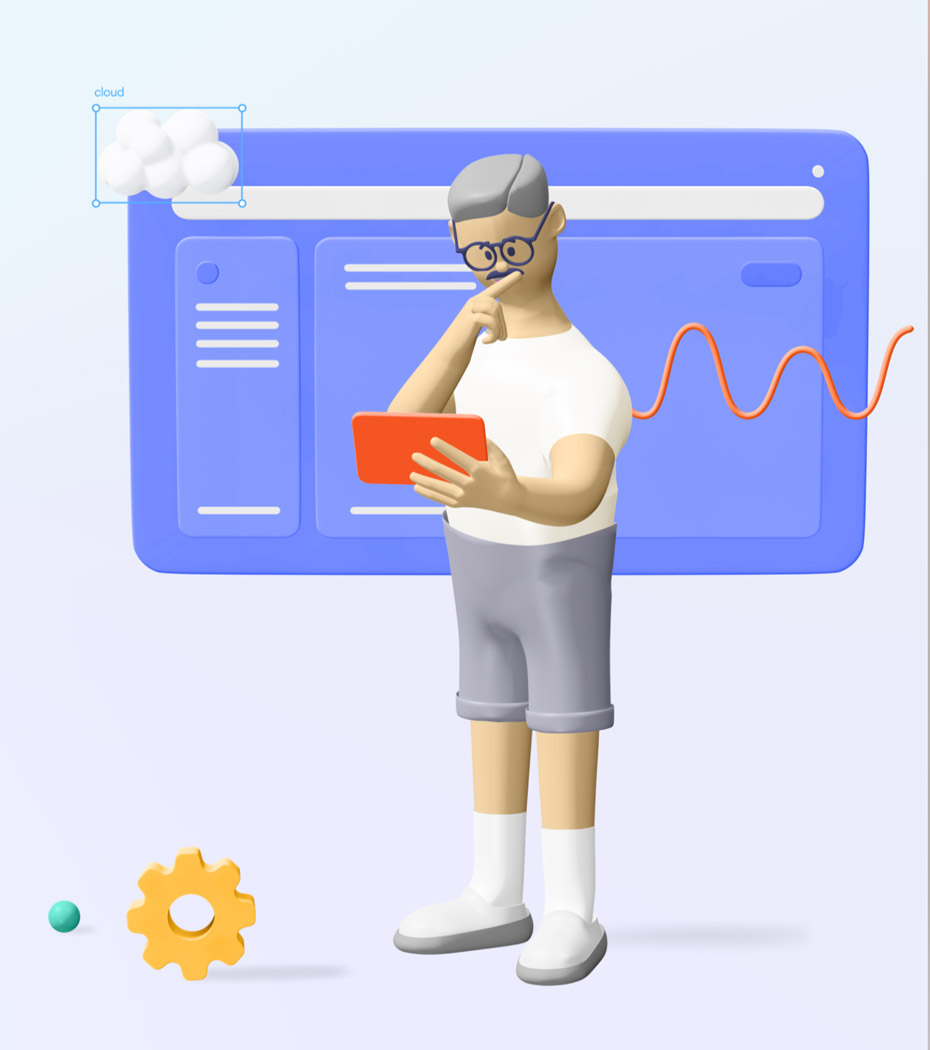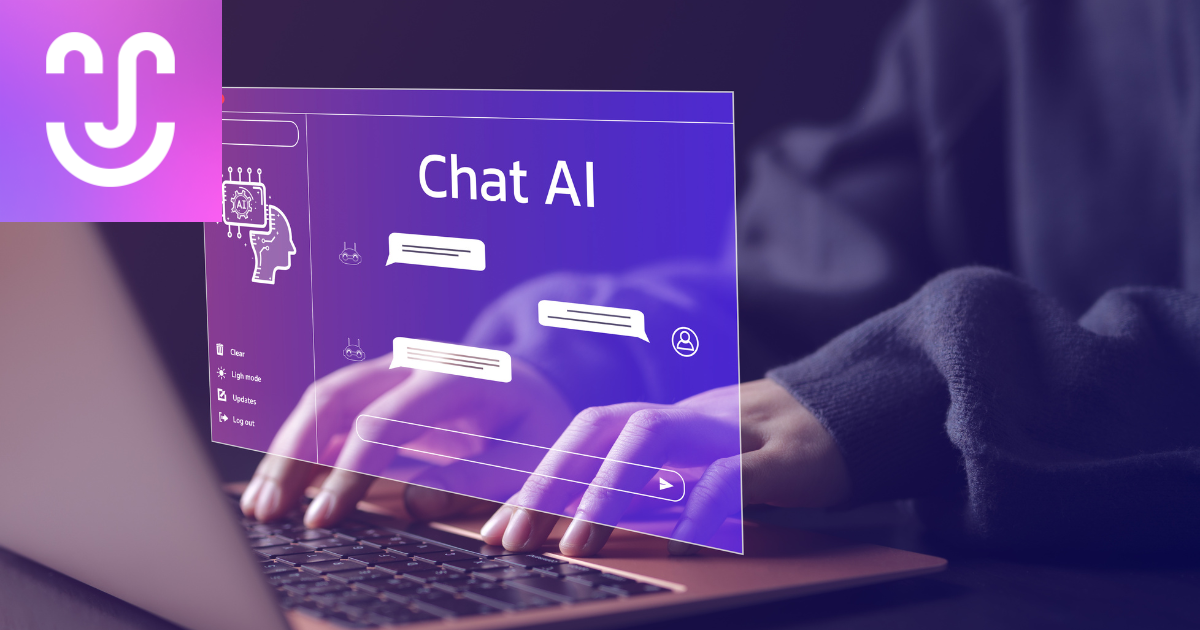At the beginning of each year, there is a reflection on the major trends emerging in human resource management. Among the 2025 HR trends, the integration of artificial intelligence takes center stage. While 2024 was the year of questioning whether AI should be adopted, the conversation in 2025 shifts from “if” to “how”—ensuring its implementation is both strategic and effective.
6 Key HR Trends in 2025 in the Age of AI
With an AI adoption rate of just 6%, Canadian businesses are lagging behind other OECD countries. This makes 2025 a pivotal year for AI implementation to help address national productivity challenges. Companies that continue to hesitate risk falling behind—not just in terms of operational efficiency and competitiveness but also in attracting top talent in a job market where professionals seek innovative and future-focused workplaces.
As HR continues to evolve alongside technological and societal transformations, 2025 is shaping up to be a defining year for redefining HR’s strategic role in organizations. Businesses face complex challenges, from integrating AI effectively and retaining top talent in a competitive labor market to addressing rising expectations around well-being and flexibility.
Here are six major HR trends for 2025 to watch that will help organizations navigate this pivotal transition.
1. HR as a Strategic Partner in AI Adoption
For HR professionals, the shift toward AI presents a golden opportunity to redefine their role as a strategic partner within organizations. While AI holds immense potential to transform business operations, its adoption can be hindered by resistance to change and a lack of understanding of the technology. AI can automate, optimize, and predict with incredible efficiency—but its success depends on one key factor: people.
This means upskilling employees, implementing training programs tailored to both managers and staff, and communicating clearly about AI’s tangible benefits.
And who better than HR to lead this transformation in an inclusive and strategic way? HR teams have a unique opportunity to become catalysts for change by driving organizational adoption and managing the human side of AI integration.
2. AI Agents: Moving Toward Proactive and Autonomous Systems
After the buzz surrounding generative AI in 2023 and 2024, 2025 will see the rise of AI agents. Unlike generative AI, which focuses on content creation, or predictive AI, which forecasts trends based on data, AI agents can operate autonomously to complete tasks, anticipate needs, and even make decisions within predefined boundaries.
In recruitment, for example, an AI agent could analyze workforce projections, cross-check data with future hiring needs, and automatically schedule recruitment campaigns at optimal times. It could identify when critical roles are at risk of becoming vacant, alert HR teams, and even pre-select candidates based on ideal profiles.
This evolution builds upon existing technological advancements but also requires organizations to implement clear ethical and accountability frameworks to govern AI-driven decision-making.
3. Rethinking Leadership for the Future
After years of upheaval—pandemics, remote work, technological shifts, and geopolitical uncertainty—leadership is more crucial than ever. In 2025, leaders must act as architects of change and resilience.
Change management and adaptability will be at the core of leadership competencies. Leaders will need to navigate uncertainty with confidence, guiding teams through rapid transformations, such as restructuring or AI adoption. In other words, they must be captains who can stay the course—even in the middle of a storm (with a tech compass in hand).
But that’s not all. Emotional intelligence will be the secret weapon of effective leaders. With teams often spread across different locations, understanding employees’ emotional needs will be key. A leader with empathy fosters loyalty (and prevents unexpected resignations).
Authentic and transparent communication will also be more critical than ever. Employees want leaders who are upfront, listen actively, and encourage open feedback. Developing programs to train managers in trust-building and constructive dialogue—even in remote settings—will be essential for long-term engagement and collaboration.
In 2025, leadership won’t just be about strategy and numbers—it will be about humanity, empathy, and agility in the face of change.
4. Workforce Planning as a Strategic Priority
In 2025, simply managing headcount won’t be enough. According to Gartner, only 15% of companies currently engage in strategic workforce planning, yet this approach—combining predictive analytics with business objectives—will become essential for optimizing talent management.
It will enable us to identify tomorrow’s critical skills, and thus plan appropriate training for current teams. In addition, with artificial intelligence tools, it will be possible to anticipate recruitment and training needs, suggesting hires before gaps become critical, or proposing individual development paths aligned with corporate strategies. Last but not least, this strategy will encourage better mobilization of existing talent.
For example, a professional services firm could use AI-powered analytics to identify underutilized employees and match them with roles that better fit their skills and career ambitions.
5. Organizational Culture as a Competitive Advantage
Aligning declared values with everyday practices remains a major challenge for businesses. In 2025, organizational culture will be essential for attracting and retaining talent. But beware—values shouldn’t just be inspiring words displayed on office walls or buried in an employee handbook that no one reads. They need to be lived and felt daily. So, how do you turn words into action?
A continuous assessment of values in action is a great place to start. Regular employee surveys help measure the alignment between what’s stated and what’s actually experienced. Because, let’s be honest, it’s better to identify gaps now than to hear them turned into inside jokes at the coffee station.
Next, leaders need to lead by example. Managers must embody company values in practice, not just in theory. Introducing culture-related performance indicators can help ensure that their actions genuinely reflect the organization’s principles. After all, a manager who preaches collaboration but works in isolation, it doesn’t work (and people notice).
Finally, nothing reinforces values better than rituals and traditions. For instance, hosting monthly gatherings where employees share stories of values in action can make a real impact. These moments celebrate successes, strengthen team spirit, and, let’s be honest, they’re far more engaging than yet another corporate memo.
6. A New Era for Employee Well-Being
In 2025, workplace well-being will no longer be just about offering a monthly yoga session or a fruit basket in the breakroom. Instead, companies will need to adopt a holistic and personalized approach that truly meets employees’ diverse needs. Because let’s be honest—what works for Sophie in marketing won’t necessarily work for Marc in logistics.
Tailored solutions will become the norm. Offering fitness app subscriptions, financial stress management workshops, or flexible leave policies to accommodate personal priorities will be essential initiatives. After all, well-being also means allowing employees to manage their work life without sacrificing their personal life (or vice versa).
On an organizational level, flexibility will be key. Providing options to customize work schedules or introducing a four-day workweek could turn work-life balance into an actual reality—not just a LinkedIn buzzword. And let’s be clear—a happy employee is a more productive employee (and less likely to be tempted by the competition).
In 2025, focusing on well-being will no longer be a “nice to have”, but a real strategic lever for retaining and engaging your talent. So, are you ready to invest in a modern, human approach?
HR Trends 2025: Towards a strategic approach to wellbeing and AI
The new HR trends for 2025 presented in this text echo with those we highlighted in 2024, but they also emphasize the urgency of accelerating the pace. In 2025, companies that successfully combine artificial intelligence, cultural authenticity, and employee well-being will gain a significant competitive advantage. By embracing these key trends, HR leaders can turn challenges into opportunities and contribute strategically and sustainably to their organization’s success.
Pape Wade M.Sc.
Co-founder and CEO
pape.wade@airudi.com
Amanda Arciero, M.Sc., CRHA
Vice President of Operations
amanda.arciero@airudi.com










